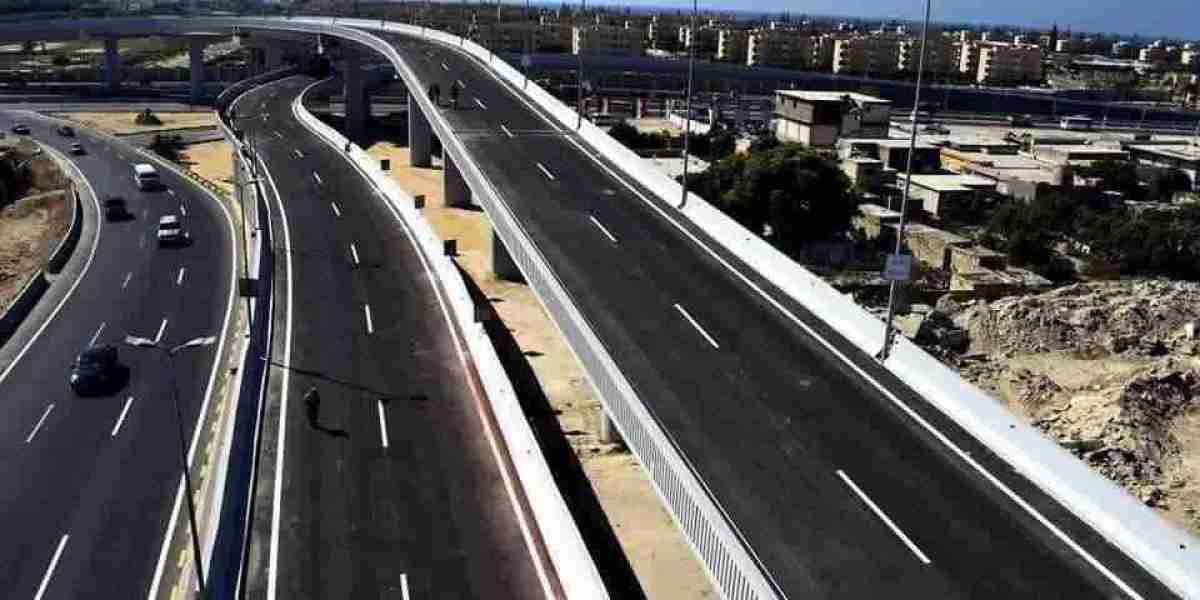The mean speed score showed a strong correlation with the WEF's quality of road infrastructure score and the World Bank's Rural Access Index The top countries with the best mean score in the continent were South Africa, Namibia, Morocco and Botswana.
How important are roads in the economy? Roads facilitate the movement of people and goods. They are essential infrastructure for every nation striving to develop internationally.
Well-developed roads lead to economic progress and job creation, and well-connected communities are the main drivers of these investments. Apart from their practical usefulness, well-maintained roads represent a country's dedication to development and facilitate mobility for locals and tourists. An International Monetary Fund (IMF) assessment of mean speed and road quality showed the African countries with the best road infrastructure. The mean speed score strongly correlated with the WEF's quality of road infrastructure score and the World Bank's Rural Access Index.
Rank country mean score 1 South Africa 100 2 Namibia 99 3 Morocco 95 4 Botswana 91 5 Libya 90 6 Algeria 88 7 Zimbabwe 83 8 Egypt 83 9 Côte d'Ivoire 78 10 Tunisia 78 How much will Kenya spend on major highways? Back home, President William Ruto's government intends to spend KSh 394 billion over the next five years on highway construction, repair, and improvement. READ ALSO MPs Expose Tribalism, Discrimination in KWS Recruitment Drive: "Only 1 Woman in 8 Sub- Counties" This comes in the wake of tight financial constraints, which have seen the National Treasury reduce the overall budget for roads in recent allocations. The Kenya National Highways Authority (KeNHA) said in its 2023-2027 five-year strategic plan that a significant portion of this funding - KSh 192.5 billion, would go toward improving important highways, including the dualling of the Rironi-Nakuru-Mau Summit. Building all the new roads, including the ones that have already been begun, would cost KSh 117 billion. The State agency plans to repair roads in poor condition at a cost of KSh 84.5 billion.

